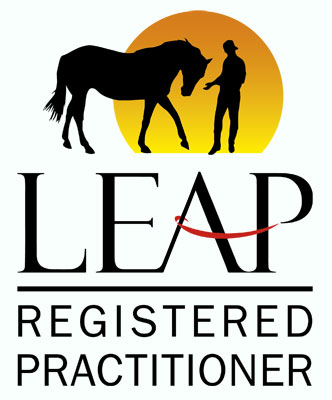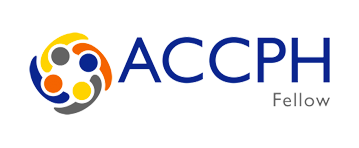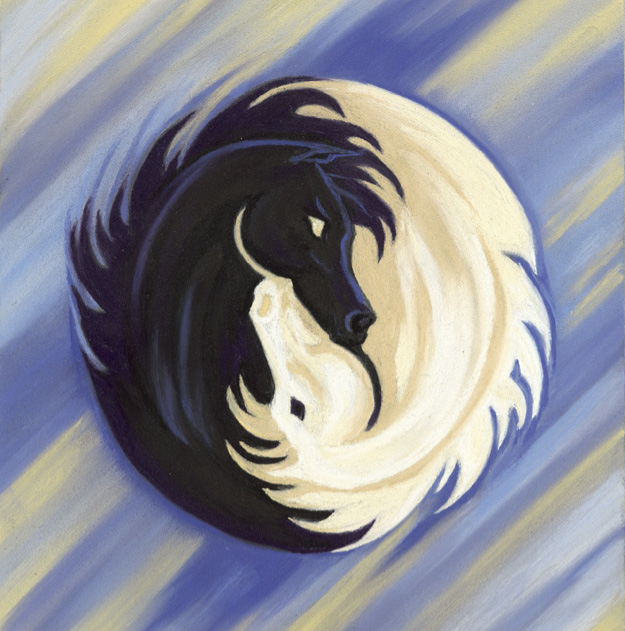
Blog
Know Thyself - Why self-knowledge and inner-work are vital aspects of being a good practitioner in our field
24 October 2021
As far back as Ancient Greece where the maxim “Know Thyself” was inscribed on the walls of the Temple of Delphi, healers and teachers have been urged to show caution AND self-knowledge in their task.
“Healer heal thyself” is another oft-used saying yet, just how much really do we take this to heart and make it our life’s task to do so? It’s easy to get caught up in our professional roles and titles and to lose sight of, and a vital ongoing connection to, our own wounds, issues and trigger-points.
If we enter the helping professions it’s very easy to fall into the habit of seeing those we help through the prism of their wounds only. Yet, of course the truth is that instead, we are often seeing them through our own wounds. It’s very tempting and easy to project woundedness onto those we are claiming to help, whilst finding ever more inventive ways to ignore our own chasms of grief, pain and maladapted behaviours.
Throughout my book, The Horse Leads the Way, I argued consistently for the necessity of practitioners of all kinds in this field to be undertaking ongoing self-work. Not only is this for the maximum benefit of our human clients and trainees, but also uniquely, BECAUSE we are partnering with another sentient, highly sensitive being: the horse. This makes it doubly important that we continue our own healing and self-explorations as our equine partners will sense AND respond to whatever is in the field between all those present in our sessions, including us as practitioners.
We literally cannot and should not leave our feelings, physical sensations and unconscious parts at the gate. Rather, we should know ourselves sufficiently well enough so that we can keep all of our processes, emotions, needs and vulnerabilities consciously present (i.e. not denied and repressed), yet without affecting the process between client/s and horse/s. This is much harder than it sounds, hence the lengths I went to in my book to explain how and why we need to do this.
When we learn the art of doing this – holding our own; our clients AND our horses processes in mind – then we keep ourselves grounded in the present moment, and vitally, we keep our ego and persona grounded too, which avoids a state of inflation and what I mentioned at the beginning where we only view our clients as wounded. This isn’t to say that we expose our own wounds in our work, of course not. But our consciousness of them and our triggers means that we can be even more present for our clients, and importantly, ensures that we don’t muddy the atmosphere for the horses who are there to support the client for the duration of the session.
In addition, such conscious knowledge of our own wounds means that we are able to empathise ever more deeply with others and assist them gently through their own explorations of themselves and their emotional processes.
Therefore, self-knowledge and self-compassion ensures that we can create and hold a clean container for our professional work to take place. Clients will feel seen and supported as they sense our authenticity and grounded confidence, and our horses will feel comfortable and happy to do their job in a supportive and congruent space.
Angela Dunning, 24th October 2021








